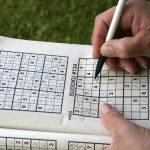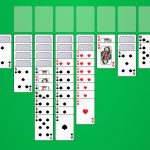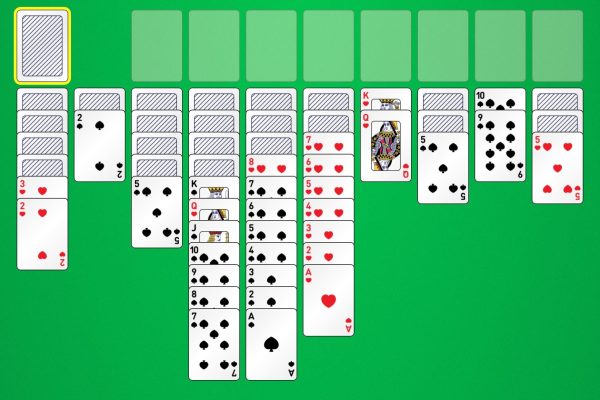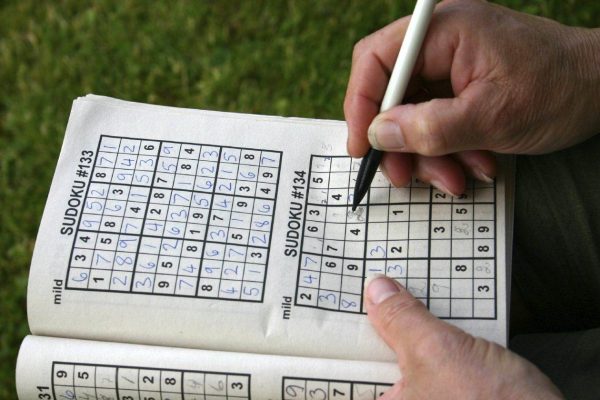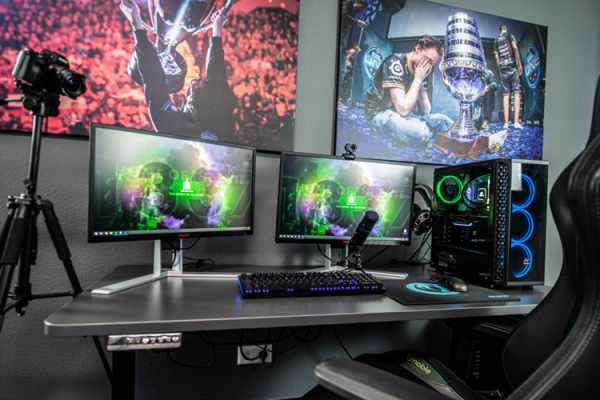Table of Contents
They Stimulate The Senses.
Sensory play is essential for children’s development. The brain proliferates in the first two years of life, and sensory activities help build nerve connections throughout the brain.
Sight, taste, smell, and touch are vital senses that children use when they play. By providing children with various equipment that promotes different sensory experiences, you are helping them develop their ability to perceive and understand the world around them.
For example, auditory sensory activities encourage the development of hearing skills. Having children explore their sense of sound through activities like clapping games and reading books with rhyming patterns is a great way to stimulate their brains.
Visual sensory activities promote vision development through the identification of colors and patterns. Some fun activities include color mixing and shadow exploration. Bringing outdoor activities into the classroom is also an excellent way to incorporate sensory activities. For instance, a colorful Mushroom Seat or Picnic Bench with a Game Top allows children to sit down and enjoy the natural environment while stimulating their senses.
They develop motor skills.
As kids explore how to remap aim controller paddles PS5, they learn about the world around them. This can be through dramatic, musical, physical, or natural play. One of the essential parts of this type of learning is that it develops children’s motor skills, which include their ability to move.
There are two main types of motor skills that youngsters must master: gross and fine. Gross motor skills involve large muscle groups such as the arms, legs, and torso, while fine motor skills are related to small muscles that control the hands, fingers, and thumb.
Studies have shown that incorporating goal-oriented play activities into daycare and preschool programs can improve children’s motor skills. For example, a study by the National Center for Education Research found that running 25 m, walking on a balance beam, throwing a ball as far as possible, and arranging cans all contributed to the motor function of play. These activities also required the use of imagination and were fun for both children and adults alike. The most important thing to remember is that all these activities are worth the effort and help children develop essential motor skills that will last a lifetime.
They develop social skills.
Social skills are essential for a child’s development. They help them make friends, share with their classmates, and cooperate in social environments. When children have the right set of social skills, they can succeed in life and feel happy and well-adjusted.
One way that children can develop their social skills is through role-playing. This can help them learn how to greet others, ask for what they want and use their eyes when talking to someone.
Another way that kids can improve their social skills is through playing games. These games can teach them to take turns and stay on topic.
For example, kids can play Checker Stack, which requires them to take turns and keep the conversation going. This simple two-player game is set up and provides practice opportunities.
Research shows that social skills are essential for healthy growth and development. When a child has the right social skills, they can have happier and more positive relationships with their peers, teachers, and parents. They can also have better mental health, void behavior problems, and school maladjustment.
They develop language skills.
One of the most critical functions of play is to stimulate children’s brains and enhance their cognitive, social, and emotional well-being. Providing the appropriate stimulation at the correct times of day is essential for the healthy development of every child. A plethora of fun, engaging, and stimulating play activities in the hands of capable caretakers will make all the difference for a happy, healthy, and engaged learner.
The best way to encourage these play experiences is to make them part of the regular curriculum. Using them to introduce and reinforce concepts such as number sense, color recognition, identifying and matching shapes and sizes, arithmetic skills, and the like will go a long way toward ensuring that these essential pillars of success aren’t forgotten in the name of time spent at other passive activities.
They develop cognitive skills.
A child’s cognitive skills are enhanced by engaging in meaningful play and exploring new ideas. This can include observing a variety of materials, attempting to understand how they work together, and experimenting with their actions to see what works best.
This kind of play stimulates children’s brains in various ways, boosting working memory capabilities and building a solid foundation for later learning. It also encourages critical thinking and problem-solving skills, which help tackle challenges in life.
Some examples of cognitive activities found at play stations include math games, science experiments, and social studies topics. For example, kids learn about science through experiments like pouring water through a funnel or making their structures with blocks. These experiences build cognitive skills (predicting how much water will fill a container), small motor skills (pouring the water and stacking the blocks), and language skills (talking about what they are doing with other kids). It is also essential for children to be free to make mistakes, which can boost their confidence and creativity in making decisions.


